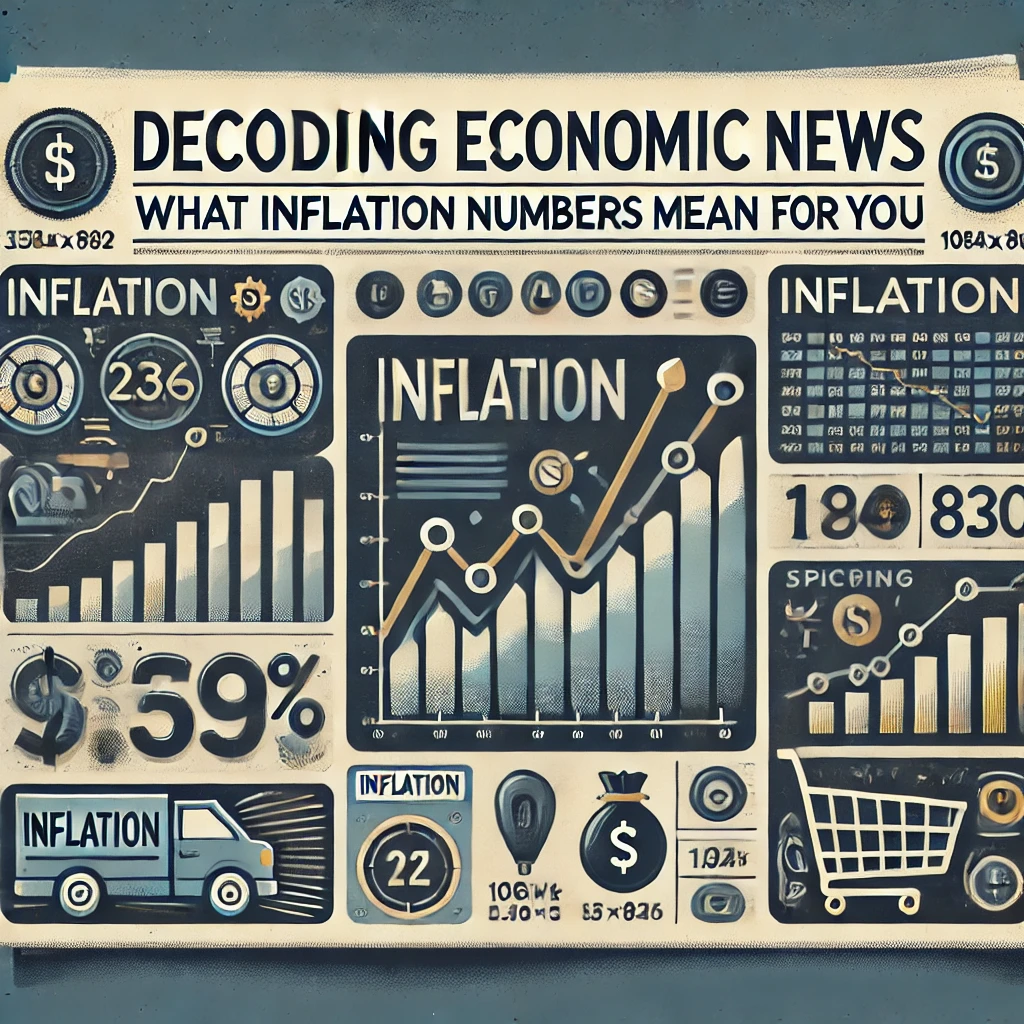
Global Inflation Overview (June 2024)
United States
In the United States, the annual inflation rate for the 12 months ending in May 2024 is 3.27%. This represents a significant decrease from the peak inflation rate of 9.06% in June 2022. The Consumer Price Index for All Urban Consumers (CPI-U) remained unchanged in May after a 0.3% increase in April. Key components include a 0.4% rise in shelter costs and a 0.1% increase in food prices, offset by a 2% drop in energy costs (InflationData).
India
India’s retail inflation fell to a 12-month low of 4.75% in May 2024, down from 4.83% in April. This is within the Reserve Bank of India’s target range of 2-6% since September 2023. However, food inflation remains high at 8.69%. The decline in the Index of Industrial Production (IIP) to 4.9% in March 2024, primarily due to a faltering mining sector, contrasts with the 5.6% growth recorded in February 2024 (adda247).
United Kingdom
The UK’s inflation rate, measured by the Consumer Prices Index including owner occupiers’ housing costs (CPIH), was 2.8% in May 2024, down from 3.0% in April. On a monthly basis, CPIH increased by 0.4% in May, compared to a 0.6% rise in May 2023. The regular Consumer Prices Index (CPI) rose by 2.0% over the same period (Office for National Statistics).
These figures reflect ongoing efforts by central banks to manage inflation through monetary policies, though challenges remain, particularly in the food and energy sectors.
Now let’s interpret these news snippet to understand what these numbers represent.
Interpretation
United States
- Inflation Rate: 3.27% over the past year.
- Meaning: Prices of goods and services in the US have increased by 3.27% compared to last year.
- Impact: For a typical American, this means that if you spent $100 on groceries or rent a year ago, you would now need to spend about $103.27 for the same items. The cost of living has gone up slightly, which can affect budgeting and savings.
India
- Retail Inflation Rate: 4.75% in May 2024.
- Meaning: Prices for consumers in India have increased by 4.75% over the past year.
- Impact: If an Indian household spent ₹10,000 a month on necessities last year, they would need to spend ₹10,475 now. Despite this increase, the rate has been stable within the central bank’s target range, meaning it’s somewhat controlled and expected.
- Food Inflation: 8.69%.
- Meaning: Food prices have increased by 8.69%, which is higher than the overall inflation rate.
- Impact: Essential items like rice, vegetables, and dairy products are becoming more expensive, putting a strain on household budgets, especially for lower-income families.
- Industrial Production: Growth slowed to 4.9% in March 2024.
- Meaning: The production of goods in industries like mining has decreased compared to earlier months.
- Impact: This slowdown can signal potential economic challenges, affecting jobs and wages in these sectors.
United Kingdom
- Inflation Rate (CPIH): 2.8% in May 2024.
- Meaning: The cost of living, including housing costs, has risen by 2.8% over the past year.
- Impact: For a UK resident, a monthly expense of £1,000 last year now costs £1,028. This moderate increase affects savings and spending habits.
- Regular Consumer Prices Index (CPI): 2.0%.
- Meaning: Excluding housing costs, prices have gone up by 2.0%.
- Impact: Everyday items like clothing, food, and transport are slightly more expensive, but the increase is not drastic, indicating a relatively stable economic environment.
Simplified Interpretation
Inflation is like a slow price increase for everything you buy. If inflation is 3%, it means that overall, things cost 3% more than they did a year ago. For example:
- In the US, things cost 3.27% more now than last year.
- In India, prices have gone up by 4.75%, with food prices up by 8.69%.
- In the UK, prices are up by 2.8%, including housing.
Higher inflation means your money doesn’t go as far as it used to, so you might need to budget more carefully to manage your expenses. Conversely, stable or lower inflation helps keep costs predictable, making it easier to plan for the future.
Now let’s understand what measures are being taken into consideration to deal with these increased prices and why you should understand them.
Measures Taken in Response to Inflation and Why You Should Be Aware
United States
Measures Taken:
- Interest Rate Adjustments: The Federal Reserve (the central bank of the US) often raises interest rates to control inflation. Higher interest rates make borrowing more expensive, which can slow down spending and investment, reducing inflationary pressures.
- Monetary Policy: The Fed may also use other tools, such as selling government securities, to reduce the amount of money in circulation.
Why You Should Be Aware:
- Loan Costs: Higher interest rates mean that loans for homes, cars, or businesses become more expensive.
- Savings and Investments: Higher interest rates can benefit savers, as they might get better returns on savings accounts and fixed deposits.
- Job Market: Slower spending can impact business profits, potentially leading to fewer job openings or slower wage growth.
India
Measures Taken:
- Monetary Policy: The Reserve Bank of India (RBI) adjusts interest rates and uses various monetary tools to keep inflation within a target range.
- Government Interventions: Sometimes, the government may step in to control prices of essential goods or provide subsidies to ease the burden on consumers.
Why You Should Be Aware:
- Cost of Living: Understanding inflation helps you plan your budget better. High inflation, especially in food, affects daily expenses significantly.
- Interest Rates on Loans and Savings: RBI’s policies affect interest rates, influencing your loan repayments and returns on savings.
- Economic Stability: Knowing how inflation affects the economy can help you make informed decisions about spending, saving, and investing.
United Kingdom
Measures Taken:
- Monetary Policy: The Bank of England (BoE) manages inflation by setting interest rates. It might raise rates to cool down the economy when inflation is high.
- Government Policies: The government may implement fiscal measures, such as adjusting taxes or increasing public spending to support the economy.
Why You Should Be Aware:
- Housing Costs: Inflation impacts rent and mortgage rates. Awareness helps in planning for housing expenses.
- Savings and Investments: Interest rate changes affect savings accounts and investment returns.
- Purchasing Power: Keeping an eye on inflation helps understand changes in the cost of living and how it impacts your purchasing power.
Summary
Understanding the measures taken by central banks and governments to control inflation is crucial because it directly affects your financial decisions and well-being. High inflation can make everyday goods more expensive and reduce your purchasing power, while measures to control it, such as raising interest rates, can influence loan costs, savings returns, and overall economic stability. By staying informed, you can better manage your budget, plan for future expenses, and make informed financial decisions.
References
The following sites were referred for the latest news, facts and figures:

